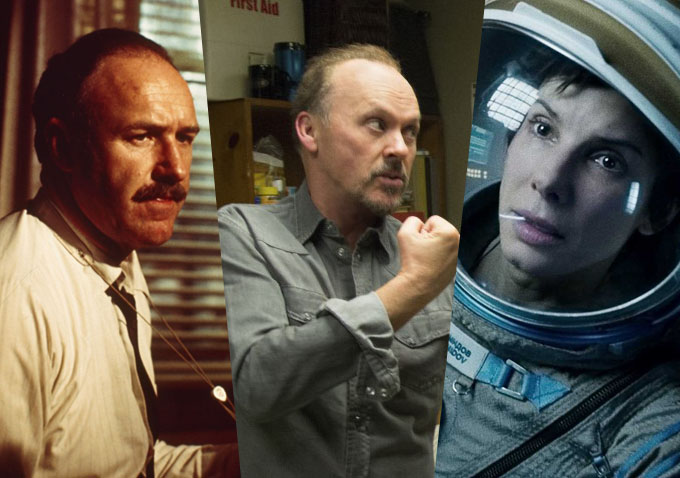 The art of film editing isn’t exactly a subject that will get even the most devoted of cinephiles excited. It’s a hidden art, a laborious task and often an undersung skill in the filmmaking world, with few "celebrity" practitioners. Martin Scorsese‘s regular collaborator Thelma Schoonmaker is probably the most "famous," and ranking right up there with her is Walter Murch. The Oscar winner was the man who brought "Apocalypse Now" down to size, helped reshape Orson Welles‘ "Touch Of Evil" and lend his touch to "The Talented Mr. Ripley" and "The English Patient." And if you’re going to listen to someone talk editing, he’s the guy you’ll want to pay attention to.
The art of film editing isn’t exactly a subject that will get even the most devoted of cinephiles excited. It’s a hidden art, a laborious task and often an undersung skill in the filmmaking world, with few "celebrity" practitioners. Martin Scorsese‘s regular collaborator Thelma Schoonmaker is probably the most "famous," and ranking right up there with her is Walter Murch. The Oscar winner was the man who brought "Apocalypse Now" down to size, helped reshape Orson Welles‘ "Touch Of Evil" and lend his touch to "The Talented Mr. Ripley" and "The English Patient." And if you’re going to listen to someone talk editing, he’s the guy you’ll want to pay attention to.
Murch recently sat down with Jon Favreau at the Academy event "Movies in Your Brain: The Science of Cinematic Perception," and this excerpt of their talk is pretty fascinating stuff. The discussion kicks off with Francis Ford Coppola‘s underrated gem "The Conversation" (where Murch served as Supervising Editor and Sound Editor), and then fascinatingly journeys into how audiences perceive editing (Murch asserts that in a two hour film, viewers are in the dark for one hour thanks to cutting). Perhaps most interesting is Favreau’s brief mention of Alejandro Gonzalez Inarritu‘s forthcoming "Birdman," that he notes has "ostensibly no cuts, but there are cuts" essentially saying they’ve stitched it together to look seamless.
The entire video is worth a watch so check it out below.






Cool! I was at this event. The statement that we're in the dark for one hour when watching a 2 hour film is not due to the cuts however. It is due to the fact that film projectors, like film cameras, have rotating shutters which intermittently reveal a frame of film and then obscure it while the next frame advances in the projector. It happens so fast we don't notice it, but it does happen. With digital projectors though, this is not the case. A frame is projected, and then the next frame is immediately shown, with no need for a moment of darkness in order to switch to the next one. So when you watch a movie today, you're not in darkness for any period of time (unless the movies fades to black of course).